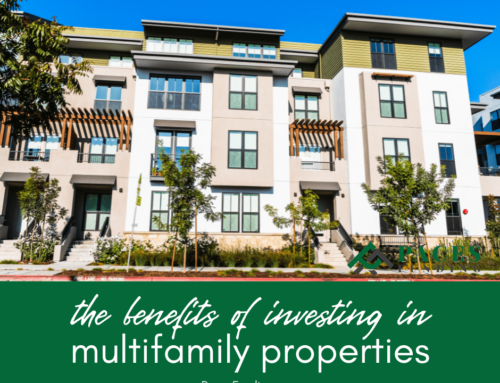
How Can an Easement Affect Your Property Rights and Renovations?
Sellers are legally required to report easements attached to their property, so you should be made aware if one exists on your prospective flip house by the time you have a purchase agreement, or even sooner.
Examples of easements, and how they could affect your renovations
If your potential flip house comes with an easement, you must abide by its rules. For instance, if you bought a property along a public beach, and it had an easement on your yard to allow neighbors to gain access to the beach, legally you would have to allow them passage. Along the same lines, if a utility company had an easement to access a pipe beneath your yard, you would be compelled to accommodate them.
In another example, if your neighbor received an easement to ensure that their view of a lake remained unobscured in any way, it would mean that your renovation, addition, or even landscaping could not impede their view in any way.
So if you’re thinking about adding square footage to a flip you intend to buy, or making radical changes, it’s important to know whether or not there is an easement attached to it beforehand, since it could very well impact your design plans.
As long as your actions don’t prevent an easement from being accessed in the manner for which it was intended, it’s your right to build and use your property in any way you wish (in accordance with state and local laws, and HOA rules).
Easements attached to bank-owned properties
It’s important to note that when you’re purchasing a bank-owned property that’s being sold as-is, identifying an easement is a bit different. You and your agent may need to do some research on your own and contact your local municipality to determine if an easement exists, and what type. Some easements don’t remain in place when a property changes hands, while others do.














